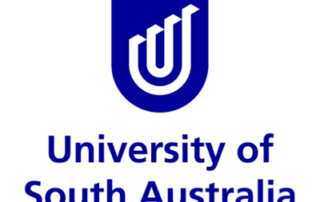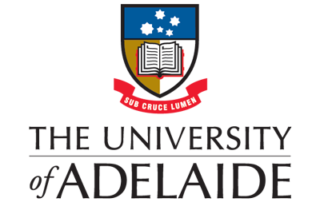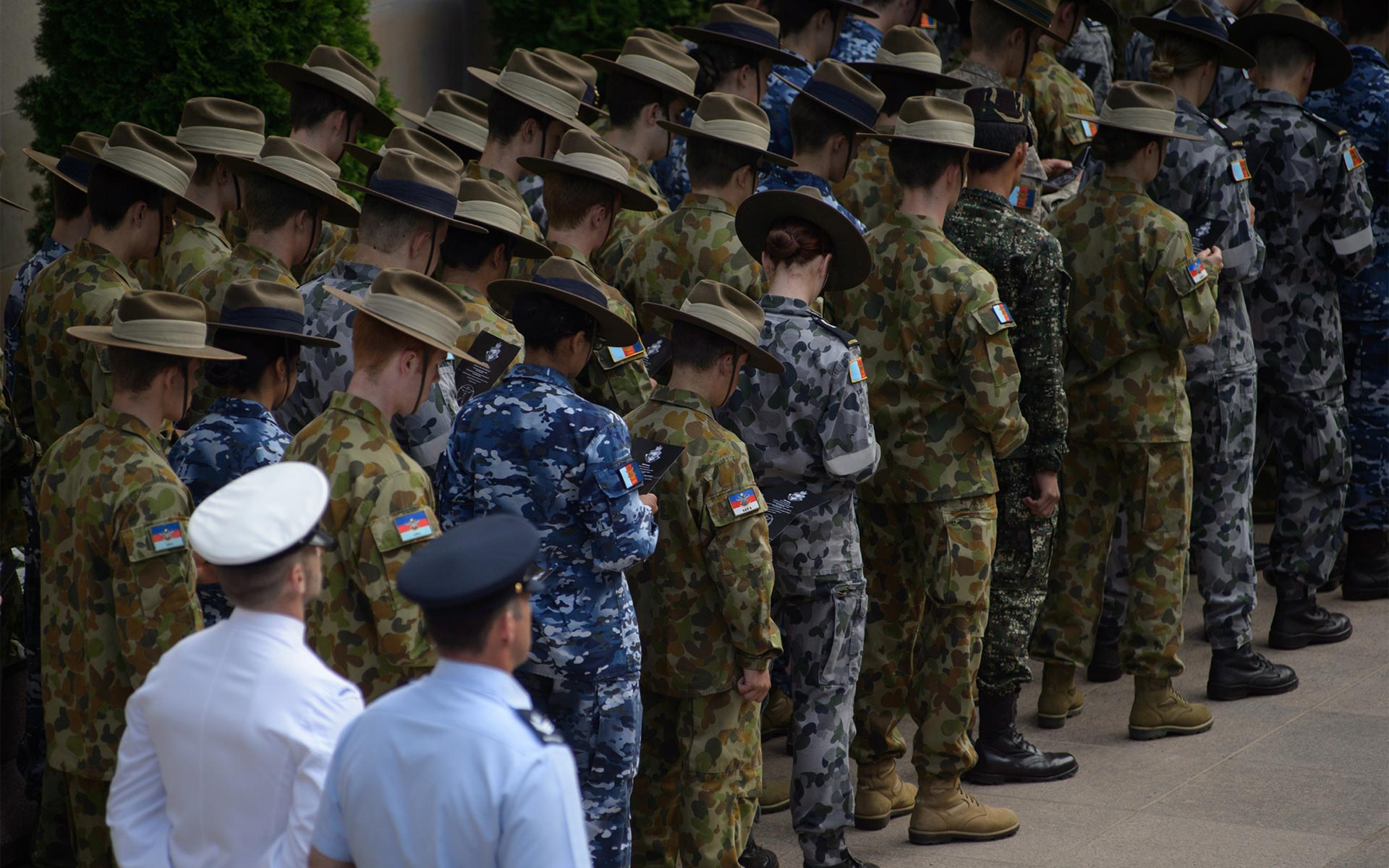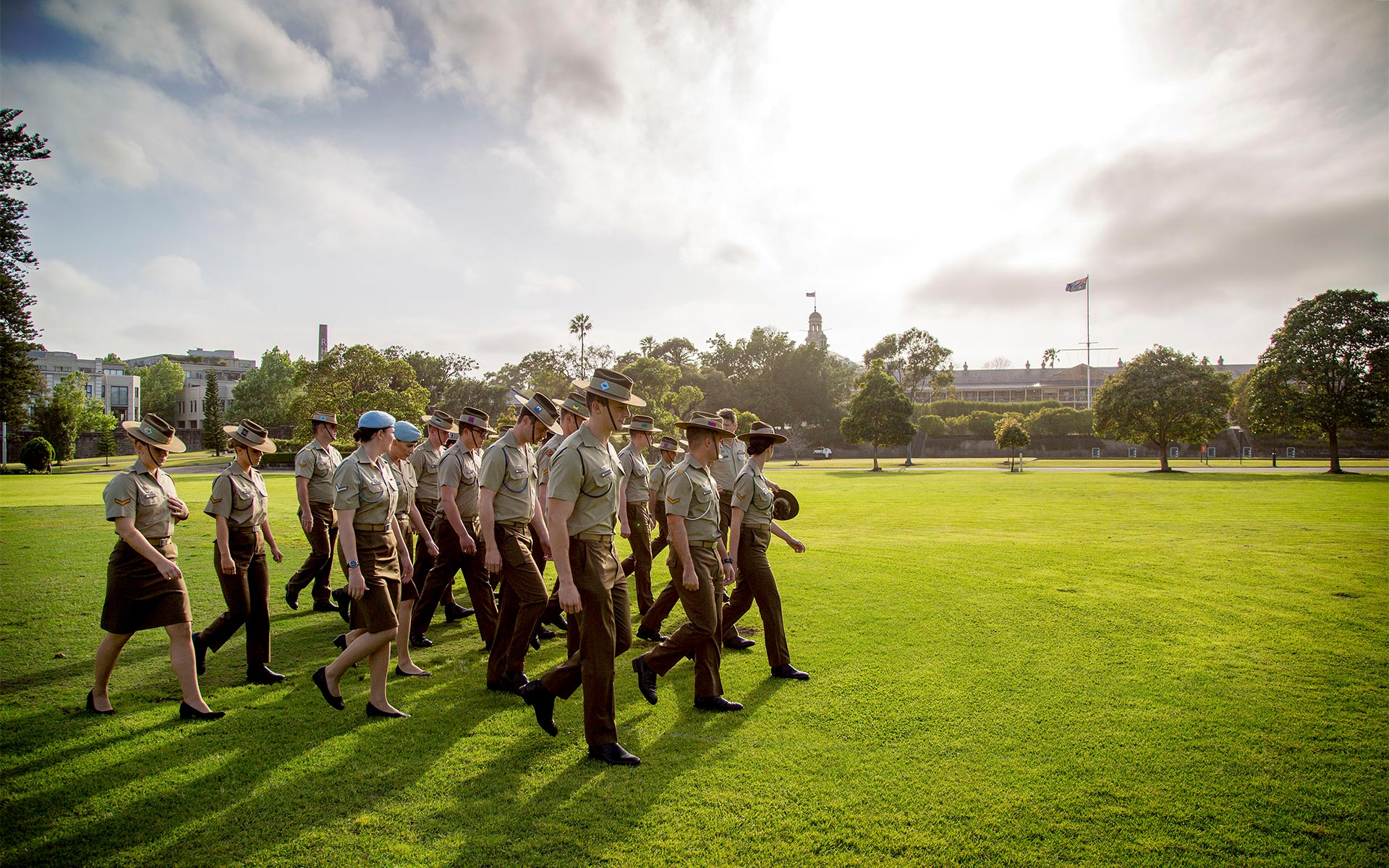Identifying Combat and Combat-Related Stigma Through The Language of a Deployed Australian Military Population
Project Summary
As stigma is perpetuated through communication between individuals, language use has significant ramifications. This pilot project aimed to identify the characteristics and prevalence of stigmatising language and advise how it can be changed and minimised to achieve more sustainable outcomes in recruitment, retention, combat readiness and capability.
While considerable effort and resources have been invested into programs of social inclusion, diversity and mental wellbeing in Defence, the stigmatisation of people and conditions persists. This stigma, and its consequences, undermines operational effectiveness and damages psychological and social resilience.
The study examined self-perception and public perception of females/mothers in the ADF who deployed to a combat zone.
This research allows for extrapolation to other demographic groups in the ADF about the experience of stigma. The research may also provide useful data to assist veterans transitioning from military service into civilian careers.
Project Outcomes
The goals for this project were to achieve an enhanced understanding of the existence and characteristics of stigma, and improved capability for detecting stigma, to inform policy making and operational performance in the ADF.
These goals were achieved with:
- the production of a report that details the insights gained into the existence and characteristics of stigma identified in the first-hand, written accounts of operational experience by a cohort of ADF women who are mothers;
- the testing and validation of the use of the Stylometric Author and Predictive Radicalisation (SAPR) software to identify markers of stigma in text; and
- the development of a process and framework for identifying and analysing stigma.
This research brought together a team that had not previously worked together. It united researchers from the University of South Australia, the University of Adelaide and Defence Science and Technology, using a multi-disciplinary approach. The team comprised researchers with experience and knowledge in the fields of communication, psychology and computational linguistics – an atypical collaboration that brought distinctive perspectives to a single research problem.
The research was conducted on a very small and specialised cohort of service personnel. Its success with this sample group suggests that there is an opportunity to expand the research into a larger study addressing other groups of military personnel, looking at issues of both stigma and trauma. The research could also be of benefit to police and emergency service organisations as well.
Considering the recent bushfire emergency, similar studies could have applicability to the CFS firefighters and the broader community affected by the unprecedented loss and trauma which will become apparent now and into the future.






